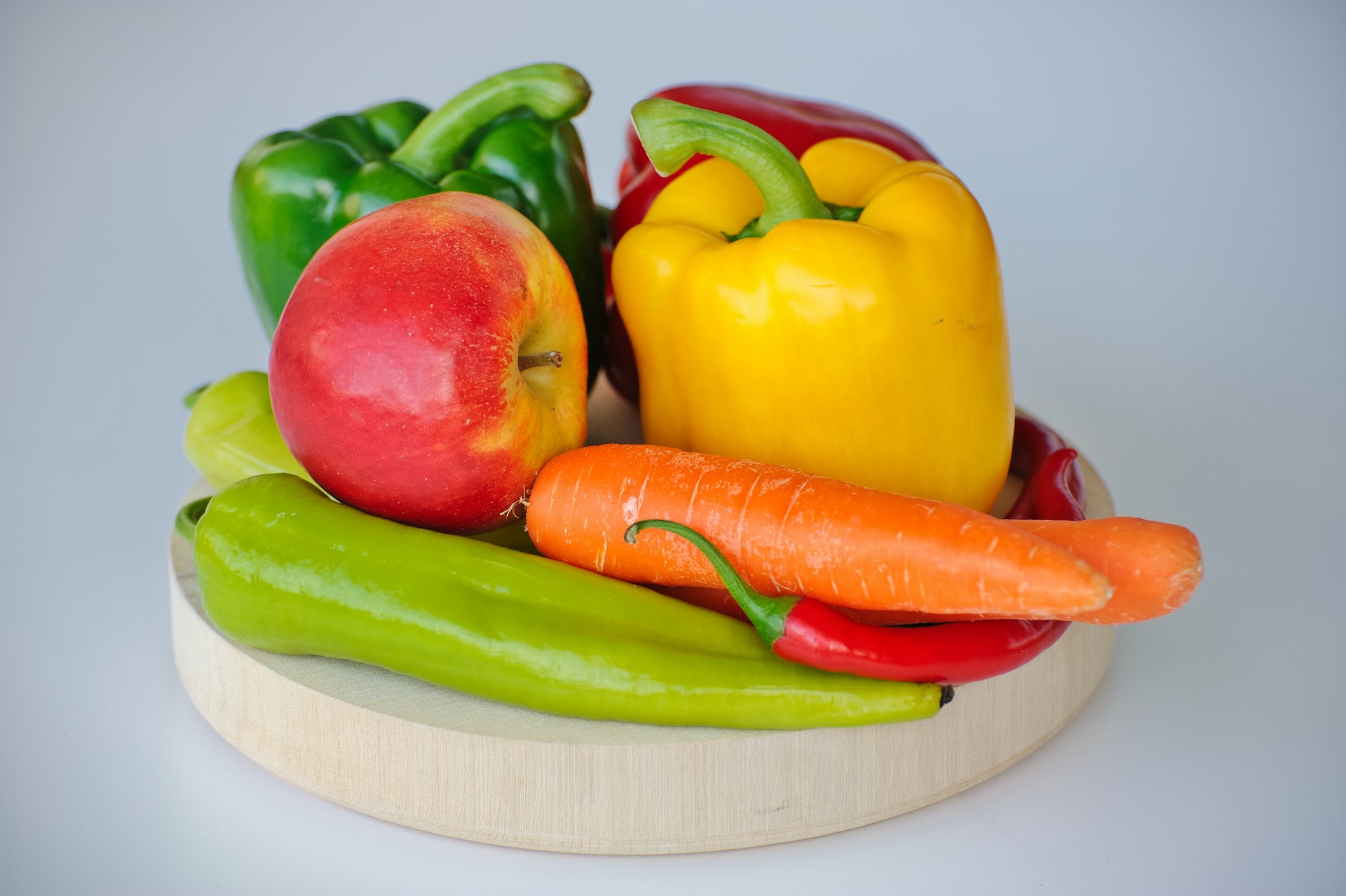
Related Posts

HORMETIC STRESS: HARNESSING YOUR BODY’S HEALTHY STRESS RESPONSE
Related Posts When we...

FIND SUCCESS WITH PROFESSIONAL COACHING
Related PostsChange...

THE AMAZING POWER OF COOKING & EATING AT HOME
Related PostsCooking...

THE 2021 EWG SHOPPER’S GUIDE TO AVOIDING PESTICIDES
Each spring since 2004, the Environmental Working Group (EWG), a nonprofit organization that advocates for soil and water health and corporate responsibility, releases a shopper’s guide you may have heard of: the Dirty Dozen.
What are the Dirty Dozen?
The shopper’s guide is a ranking of the 12 most pesticide-contaminated (conventionally grown) fruits and vegetables, based on US Department of Agriculture data. The produce is tested after washing and peeling or scrubbing, the way you’d prepare it at home.
The USDA tests among 46 different fruits and vegetables for pesticide, fungicide, and insecticide residue. Many of these pesticides are known or possible carcinogens or known to harm children’s developing brains. Some pesticides also contain endocrine disruptors, which interfere with our hormones and can contribute to a host of health issues including obesity, lowered fertility, and changes in our gut microbiota. Unfortunately, the Environmental Protection Agency has allowed many of these chemicals to stay on the market despite the known risks and unknown safety and bans in other parts of the world. Pesticides harm not just humans, but wild animals, pollinators, and topsoil.
Avoiding toxins
At Colorado Functional Cardiology, we recommend a diet high in vegetables and fruits. But along with that, we want to limit your exposure to environmental toxins. When I’m shopping, I make sure only to buy organically grown versions of produce on the Dirty Dozen list. Do I ever buy conventionally grown produce? Yes, but only from the Clean Fifteen, EWG’s list of produce with the least pesticide residue. I recommend checking out these lists each year.
Some other was to keep pesticide exposure low:
- Eat a wide variety of fruits and vegetables
- Always wash your produce before eating
- Eat organic whenever possible: produce, animal, and dairy products
- Freeze or can your organic foods
- Buy local and in season
- Limit consumption of high-mercury fish
Outside your own kitchen, the most important things you can do to fight pesticide residue in our food sources are to educate yourself and advocate for change. Consumers can go a long way to get companies to produce what we value, so where and on what you spend your grocery money matters.
Dirty Dozen (for 2021)
- Strawberries
- Spinach
- Kale, collard, and mustard greens
- Nectarines
- Apples
- Grapes
- Cherries
- Peaches
- Pears
- Bell and hot peppers
- Celery
- Tomatoes
Clean Fifteen (for 2021)
- Avocados
- Sweet Corn
- Pineapple
- Onions
- Papaya
- Sweet peas (frozen)
- Eggplant
- Asparagus
- Broccoli
- Cabbage
- Kiwi
- Cauliflower
- Mushrooms
- Honeydew melon
- Cantaloupe
Get more lifestyle and health news in your inbox: sign up for the CFC newsletter.
